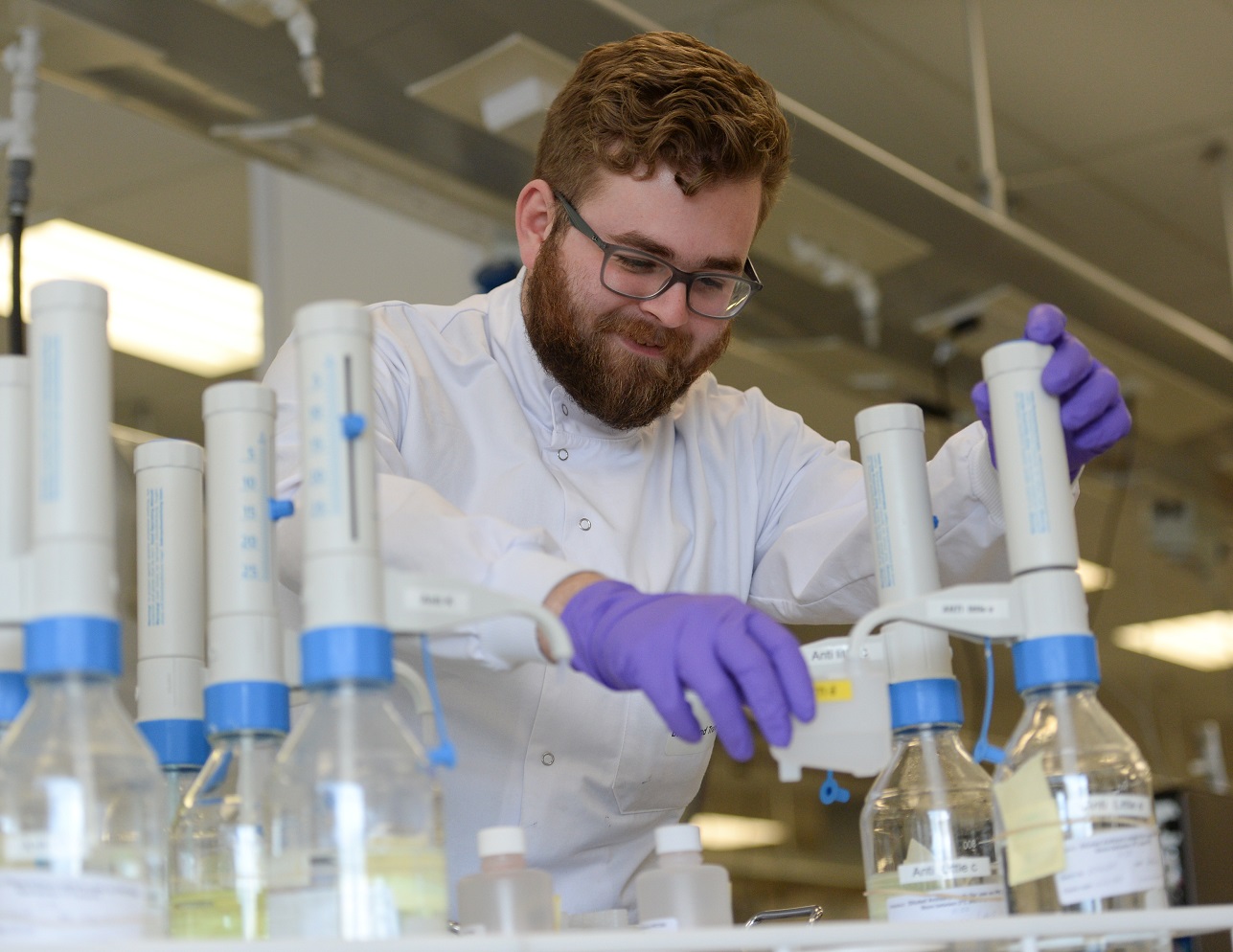NIHR BTRU in Genomics to Enhance Microbiology Screening
Partnered with the University of Oxford, working in collaboration with University College London and the UK Health Security Agency.
The Genomics to Enhance Microbiology Screening (GEMS) programme will evaluate and provide solutions for current threats to the microbiological safety of blood, organs and derived products used to treat patients.
The team will see how new, large scale genetic testing methods – collectively known as High Throughput Sequencing - can detect and often fully genetically characterise infectious agents present in patient and donor samples.
 There is a wide range of work involved including:
There is a wide range of work involved including:
Virus transmission research
Literally hundreds of different sorts of viruses live in us, collectively known as the human virome.
The team will use deep genome sequencing methods to assess their presence and better understand any health risk from their transmission during blood transfusion of organ or stem cell transplant and how these potential risks can be mitigated.
Emerging infection research
Blood donors provide a valuable cross-section of the adult population with which to pick up early signs of emerging infections in the UK. The team will use a donation bioarchive to test anonymised samples for novel pathogens using High Throughput Sequencing.
The project will additionally link with the UK Health Security Agency (UKHSA) surveillance programmes, potentially developing larger early warning systems in areas where viruses are detected.
Further information
The Director of the BTRU is Professor Peter Simmonds of the University of Oxford and the NHSBT Lead is Su Brailsford, Associate Medical Director.
For more details, contact research.office@nhsbt.nhs.uk
